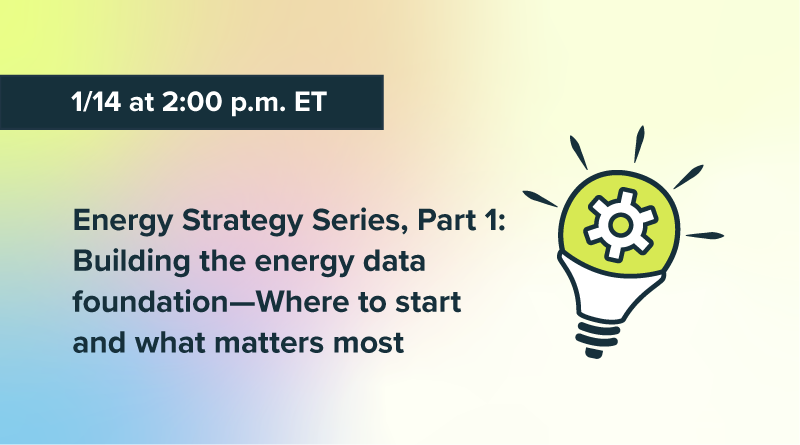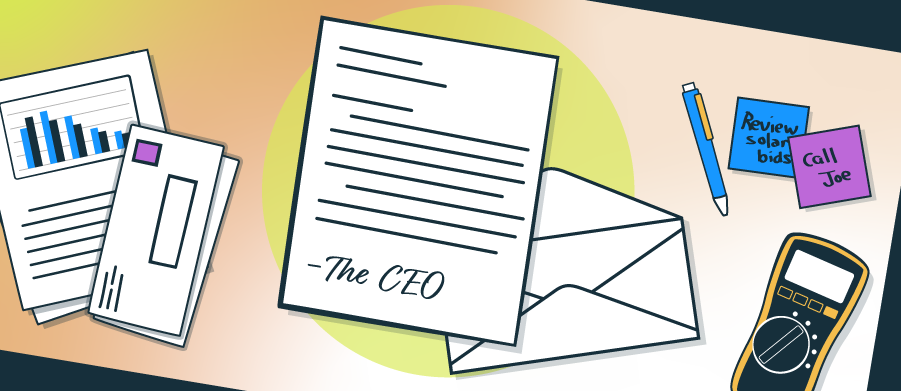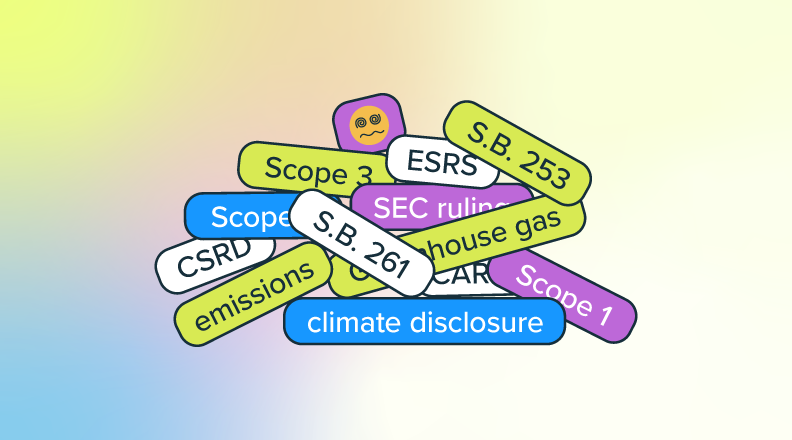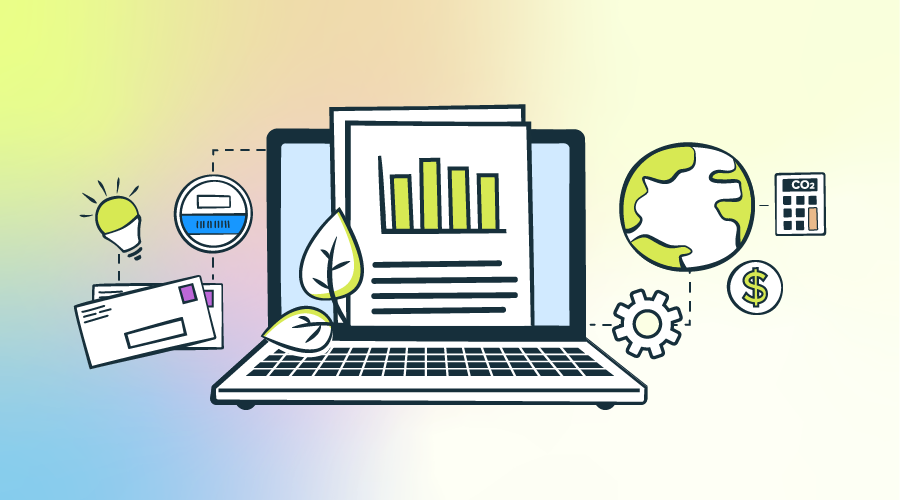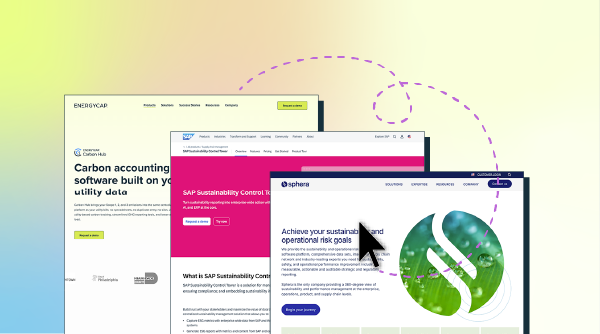In today’s volatile utility landscape where prices are unpredictable, regulatory scrutiny is intensifying, and sustainability is expected, owning your utility data is mission-critical.
Far too often, organisations rely on third-party energy bureau services or scattered spreadsheets. The result? Delayed insights, missed billing errors, and siloed accountability.
By bringing your bureau in-house—centralising utility data, automating validation, and empowering your teams—you gain the visibility and control needed to reduce costs, improve efficiency, and ensure compliance.
The rising cost of utilities: Why control matters
Across sectors, utility costs are rising due to:
- Ageing infrastructure and inflation-linked contracts
- Operational inefficiencies and supplier billing errors
- Growing pressure on energy, water, and emissions performance
There’s a deeper risk: not knowing where your spend is going. Without timely, validated, meter-level data, organisations are budgeting blind and reacting too late.
An in-house utility bureau gives your team the tools to make smarter, faster decisions.
Benefits of an in-house utility bureau service
1. Audit utility bills and reduce waste
- Detect billing errors early
- Validate tariff codes, standing charges, and meter multipliers
- Identify water leaks, irregular usage, and avoid estimated billing surprises
With automated invoice validation, you can recover costs faster and forecast more confidently.
2. Align teams with shared utility data
An in-house bureau centralises data from across your estate:
- Finance improves forecasting and budget certainty
- Facilities optimise building schedules and detect anomalies
- Sustainability leaders convert energy data into emissions and ESG insights
Shared data leads to shared accountability.
3. Meet regulatory requirements with confidence
Whether it’s SECR, ESOS, CSRD, or local water and carbon reporting frameworks:
- Centralised data eliminates manual errors and audit gaps
- Automation reduces admin burden for ESG teams
- Real-time data enables faster responses to policy changes
In-house control ensures you’re always ready for compliance.
Technology that enables utility data ownership
Manual processes can’t scale. Software can.
Platforms like EnergyCAP® act as the engine behind your internal bureau:
- Aggregates utility bills and smart meter data across all sites and commodities
- Flags anomalies and billing errors before they escalate
- Enables dashboards, KPIs, and auto-generated compliance reports
The benefits of EnergyCAP include:
- Up to 10% savings on annual utility spend
- Hours reclaimed weekly from spreadsheet-driven workflows
Don’t overlook water: A strategic resource
Water data is often under-managed, yet water costs are rising due to:
- Infrastructure surcharges due to aging infrastructure
- More droughts and floods stressing existing systems
- Utilities are spending more on resilience, conservation, and supply diversification
Your internal bureau helps:
- Detect leaks faster
- Monitor irrigation or industrial cooling usage
- Justify rebates and avoid unnecessary sewer fees
How to build your in-house bureau service
- Gather historic utility data (3+ years if possible)
- Map meters to facilities and validate service coverage
- Centralise data into a single platform for multi-team access
- Validate and benchmark monthly across commodities
- Take action based on trends, anomalies, and KPIs
The bottom line
Owning your utility data through an in-house energy bureau service enables:
- Real-time cost control and forecasting
- Stronger compliance with sustainability frameworks
- Cross-functional collaboration and decision-making
- Tangible ROI on your energy and ESG investments
Energy management software helps you bring your bureau in-house, automate the tedious, and transform utility data into strategic value.
Frequently Asked Questions (FAQs)
What is an in-house energy bureau service?
A self-managed approach where organisations use software to track, validate, and report on utility data—without outsourcing to third-party validation services.
How can I audit utility bills internally?
Using a platform like EnergyCAP®, you can validate tariffs, detect anomalies, and generate audit trails across electricity, gas, and water.
What regulations can in-house utility data help me meet?
SECR, ESOS, CSRD, TCFD, and carbon/water tax schemes are all easier to manage with centralised, validated utility data.
Why switch from an outsourced bureau model?
Bringing your bureau in-house gives you faster access to data, full control over processes, and deeper organisational alignment.






